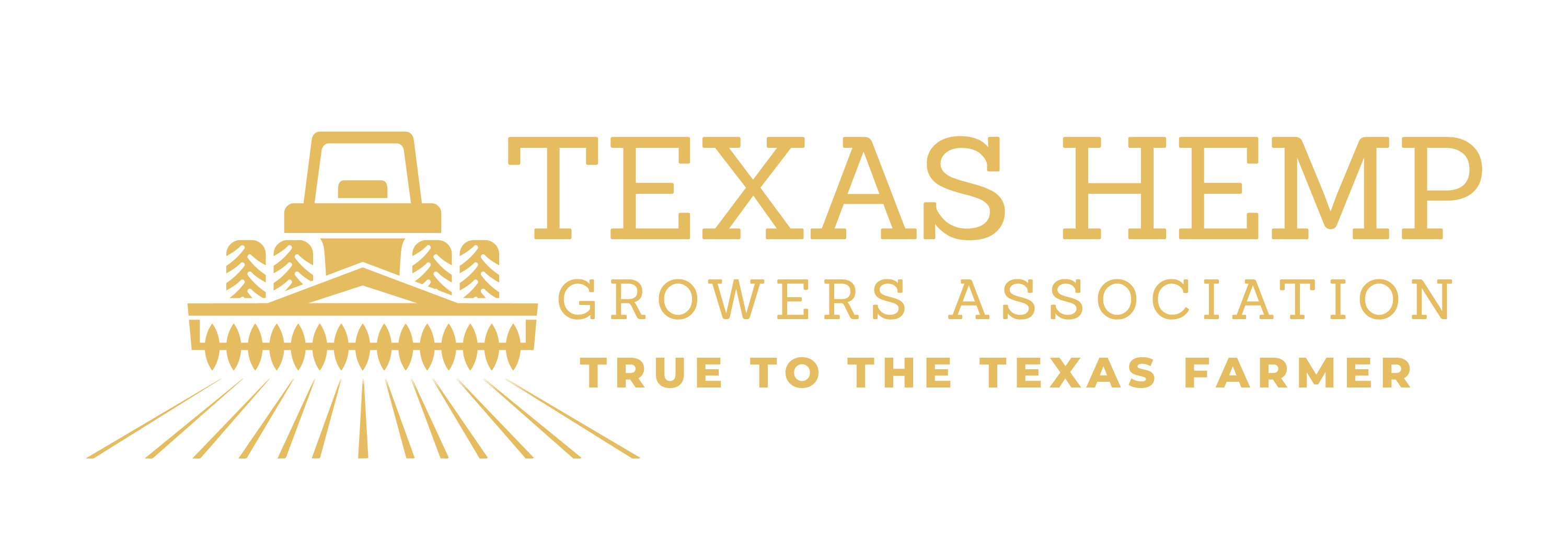Welcome to National Hemp Growers Association
We are a group of broadacre outdoor farmers who have experience growing hemp at an industrial scale. We will be working with state and federal agencies to ensure that farmers’ voices are heard when rules are created that directly affect them, and to encourage industrial hemp as a commodity crop.
Since the passage of the 2018 Farm Bill, a number of hemp organizations and advocacy groups have been formed to drive legislation and rulemaking for the emerging hemp industry. However until now, there has not been a farmer-based advocacy group in spite of the reality that the laws and rules generated affect farmers first and typically without their input.
As the agricultural landscape evolves, there is a need for traditional row crop and organic broadacre producers to diversify their crop portfolios and for traditional agriculture commodities to work together to meet the desires of a global marketplace for natural fibers, regenerative agriculture and climate smart commodities. To accomplish this, row crop and traditional farmers need to not only have a seat at the table with the legislators and regulators who develop agriculture policy, but with other commodity groups to collaborate and ensure that their voices are heard and their feedback considered.
Board of Directors
President — Brian Furnish
Brian Furnish is an 8th generation tobacco and cattle farmer from Kentucky. In the past 11 years he has helped change hemp laws in Kentucky and Washington DC. He was one of the first licensed hemp growers in the U.S. since WW2, and was present when President Trump signed the 2018 Farm Bill, making hemp legal. He began working with the political process with Senator McConnell in 1999 to negotiate the Tobacco Buyout which resulted in $10 billion paid to growers.
Prior to his work as a tobacco farmer advocate, Brian worked for the Kentucky Department of Agriculture creating the Kentucky Proud brand.
Brian was the first citizen chairman of the Kentucky Hemp Commission and a founder and the first president of the U.S. Hemp Roundtable, and currently serves as a leading advocate in the industry effort to make hemp a recognized agriculture crop.
Brian has grown all three types of hemp – for seed, for fiber, and floral production to make CBD. Each of these hemp categories uses a different genetic and growing method. His 8 years of experience provides a wealth of knowledge in growing the various types of hemp.


Vice President — Kyle Bingham
Kyle Bingham is a 5th generation Texas farmer, serving as Managing Partner for Bingham Organic Farms and Bingham Family Vineyards and Winery. The Bingham family were some of the first organic cotton growers in Texas, instrumental in the establishment of the Texas Organic Cotton Marketing Co-op. Among the first grape growers on the High Plains, Bingham Vineyards was influential in developing another thriving industry for their rural community.
Continuing the tradition of diversification, Kyle began exploring hemp as a rotational crop option in 2019. Since that time, he has hosted the most extensive on-farm trials for hemp fiber and grain in the state of Texas. As President of the Texas Hemp Growers Association, Kyle has built an international network and developed a reputation for his knowledge across the entire industrial hemp value stream. From genetics and agronomic practices to end-product development, Kyle has an unparalleled understanding of hemp from the unique perspective of the row crop farmer. In addition to the ASTM D37 Committee Kyle serves on the Board of Directors for the newly established Federation of International Hemp Organizations.
Treasurer — Landon Currier
Landon Currier is a 4th generation California farmer, serving as the Owner and General Manager for Imperial CBD Extraction and Golden State Extracts. His family has been farming in the Imperial Valley for over 80 years and has grown everything from onions to lettuce to cantaloupes to asparagus. They farm over 3,000 acres throughout the fertile Imperial Valley and their main crops are onions and hay, and now hemp. The Currier family also owns and operates the first farm labor contracting company in California, El Don Farm Labor Contracting, with license #0001.
Landon oversees Imperial CBD Extraction which primarily focuses on cannabinoid extraction with cryo-ethanol and the retail business for the CBD products they formulate and sell through Golden State Extracts. He has been working in the Hemp and CBD industry for almost 5 years now starting in June 2020 when they opened their doors for Imperial CBD Extraction. He is a member of the U.S. Hemp Roundtable and an advocate for Hemp and CBD in the State of California.
Landon looks to continue is advocacy for the industry through the U.S. Hemp Roundtable and NHGA. He wants to bring education to consumers to learn and understand there are alternatives like cannabinoids to other drugs and medicines. He wants to work to bring strong alliances between farmers, extractors, and consumers. Landon also is working to create strong and fair rules and regulations for Hemp and CBD that can be implemented into state and federal legislation for generations to come.
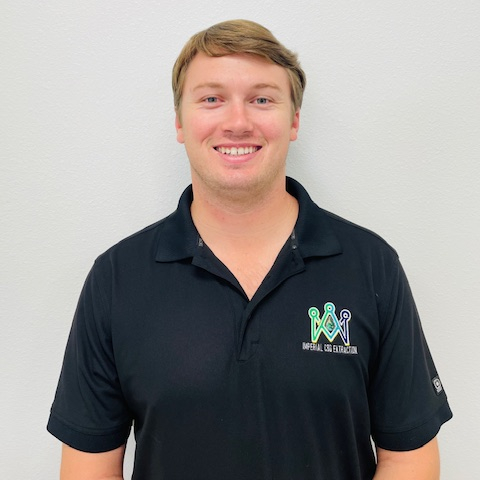
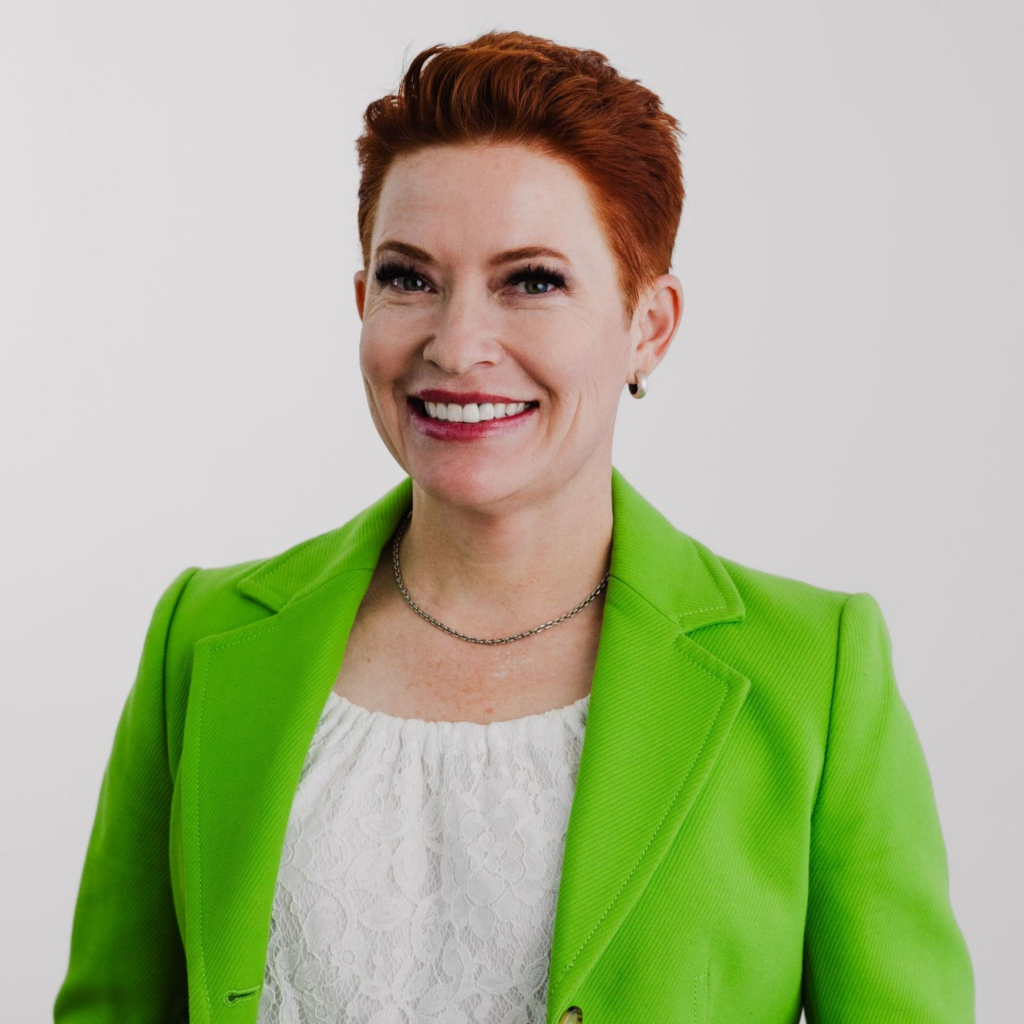
Secretary — Lacy Cotter-Vardeman
Lacy Cotter-Vardeman is a distinguished expert in regenerative farming and ranching hailing from a long line of New Mexico ranchers and married into a multi-generation cotton farming family. She has spent her entire life working on farms and ranches and developing a deep understanding of the intricacies and challenges that agriculture brings. Over the years, she has helped develop environmentally responsible practices that promote soil health. She is a passionate advocate for conservation, believing that it is the key to creating a sustainable food system that benefits both the environment and human health.
Lacy has been a driving force in promoting sustainable cotton, advocating for fair trade practices and the use of techniques that improve production, conserve water, and reduce the need for costly inputs. Through her tireless efforts, she has helped to create a more responsible cotton industry that benefits both farmers and consumers alike.
Lacy founded the Sandhills Area Research Association (SARA), which she has utilized to acquire grants from prominent organizations such as the World Wildlife Fund and the Audubon Society. These grants were used to purchase specialized equipment, enabling farmers to participate in federal conservation programs. SARA has contributed to the conservation and preservation of approximately 50,000 acres of land to date.
Board Member — Joseph Hickey Sr.
In 1992, Joseph Hickey Sr. revived the historic Kentucky Hemp Growers Cooperative Association and began collecting feral Kentucky hemp seeds. In 1994 he encouraged Governor Jones to form Kentucky’s Hemp Task Force, raising national awareness for hemp farming in the United States.
Joe organized America’s first International Hemp Conference in 1996, and afterwards strategized with Woody Harrelson to plant four hemp seeds to test Kentucky law and was found not guilty four years later. He helped gain support from Kentucky and National Farm Bureaus for industrial hemp and in 1998 was a founding board member of Kenex Ltd., the first commercial industrial hemp fiber and seed operation in Canada. He was involved in drafting Kentucky’s first hemp legislation and organized press for four former Kentucky governors supporting the successful 2001 Hemp Bill.
Joe is a founding member of the non-profits Federation of International Hemp Organizations, Friends of Hemp, Hemp Industries Association, Kentucky Hemp Association, U.S. Standing Committee of Hemp Organizations, Global Hemp Association, 1942 Kentucky Hemp Growers Cooperative Association, and is a member of National Hemp Association and National Industrial Hemp Council of America.
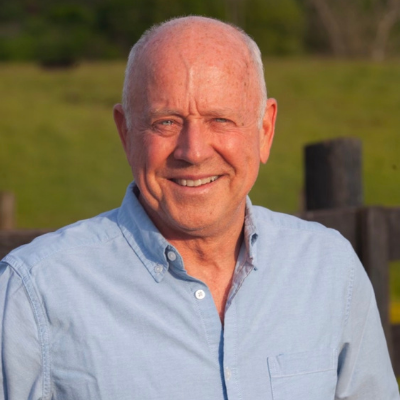
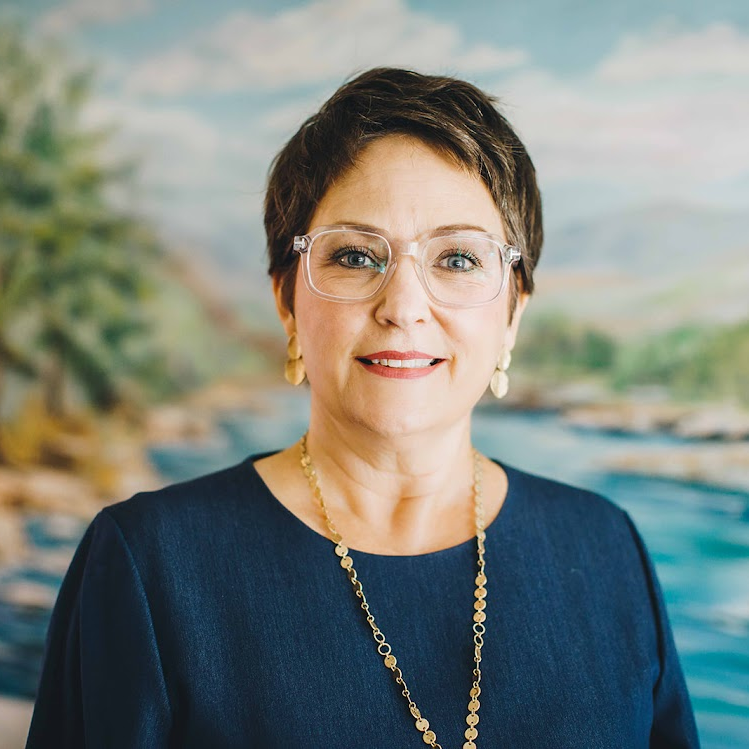
Member at Large — Tillery Timmons-Sims
Tillery is a 5th-generation Texan who grew up on her family farm. She managed a 2,000-acre farming operation with her husband of 30 years until opening Sims Land Services in 2012. As a trained landman, she specializes in title research, ownership reporting, and lease negotiation,
Leveraging her agricultural background and research skills, she organized farmers to create the Texas Hemp Growers Association, a trade association representing Texas farmers interested in the potential of industrial hemp food and fiber. Serving first as the Executive Director and later as a member of the Board, Tillery has grown the association’s reach to an international level.
Tillery was recently selected to join the XVIII Cohort of the prestigious Governor Dolph Briscoe Jr., Texas Agriculture Lifetime Leadership (TALL) Program.
